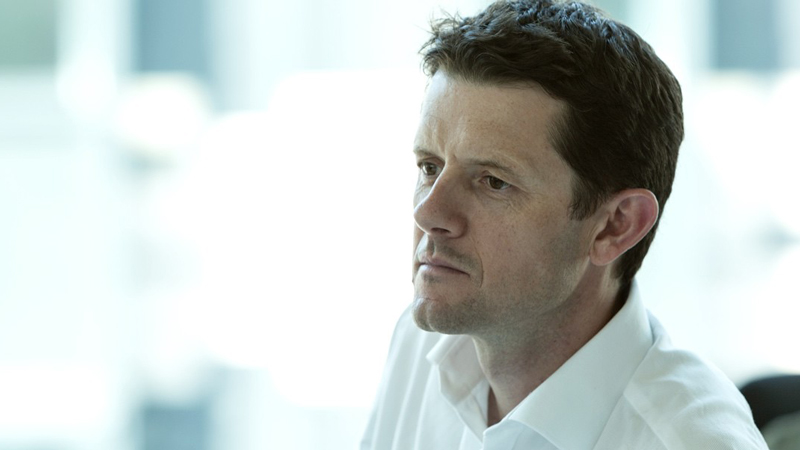“Sometimes I get the feeling one of us isn’t really trying anymore,” I sighed to the chairman of the insignificantly-sized investment company Kermitted Asset Management when I visited his office the other day to congratulate him on his new venture. “Speak for yourself,” he replied. “Personally, I’ve never felt so energised by a new project as I have with this one.”
“You say that every time you set up a business,” I laughed. “Give it a couple of years and then tell me how you’re feeling.” “Such cynicism from one so – comparatively – young,” said the chairman, shaking his head. “But, at the risk of lining up the four most dangerous words in investing, really … this time it’s different. I mean, you do understand what I’m trying to achieve with Kermitted, don’t you?”
“Aside from a new low in puns?” I replied. “I’m assuming you’re looking to leap with your customary grace and speed onto what you regard as the latest investment bandwagon – the wonderful world of environmental, social and governance-oriented investing and all things green.” “Correct,” nodded the chairman. “Except for your use of the word ‘bandwagon’.
“You see, in my not-so-humble estimation, when it comes to ESG, we are now way past bandwagon. Think about it – every single investment trend in history has had is doubters, contrarians and sceptics but not this one. Show me a fund manager who can’t demonstrate how their portfolio is a finely-crafted work of sustainable beauty and I’ll show you someone who should be thinking hard about a change of career. Which means …”
“Oh my lord,” I exclaimed, finally twigging. “It means that, at long last, in the twilight of your career, you have found the fund management equivalent of the pot of gold at the end of the rainbow – almost limitless demand for mediocre investment skill combined with very little in the way of critical thinking by investors.” “Well, that’s not quite how we put it on the website,” said the chairman. “But you clearly get the idea.
“What’s more, my inspiration for setting up this little venture was none other than your own employer.” “I suspect they might prefer you to keep that to yourself,” I observed. “Still, just so we know what not to do next time – what form did this inspiration take?” “It was a piece of Last Word Research, called ‘Competing in an ESG World,” the chairman replied.
“The bit that really caught my attention related to the relative stickiness of investor assets and the way that, while active funds domiciled in Europe have largely seen outflows each quarter since the middle of 2018, money in such funds that Morningstar categorises as ‘socially conscious’ pretty much stayed where it was – or was even joined by more money.”
“Well, that makes sense,” I began. “But …” “Wait, you haven’t heard the good bit,” enthused the chairman. “My understanding is that the benchmark for whether a fund is ‘socially conscious’ or not in this context is whether it professes to be so in its own prospectus – so, in effect, we can make the entire Kermitted fund stable outflow-proof with nothing more than a spot of self-certification.”
“And remember how well that worked out for the mortgage sector,” I observed, but the chairman clearly wasn’t listening. “I know,” he said, almost hugging himself. “Isn’t it marvellous.?” “OK,” I said, trying a different tack. “That deals with one of the traditional weaknesses of many of your previous ventures – an irritating habit on the part of investors to speedily redeem the cash they realise they should never have entrusted to you.
“But what about your other longstanding Achilles’ heel?” “You may have to narrow that down a bit,” said the chairman, looking puzzled. “Your fund managers’ unerring knack of picking the wrong stocks,” I replied. “Oh that,” laughed the chairman. “But don’t you see? When it comes to ESG, there are no wrong stocks. The same flood of uncritical cash that will boost my funds will boost all the stocks my funds invest in.”
“Good grief,” I whistled. “This might just be your moment.” “It might just be,” smiled the chairman. “But … what did you mean by twilight of my career?”











